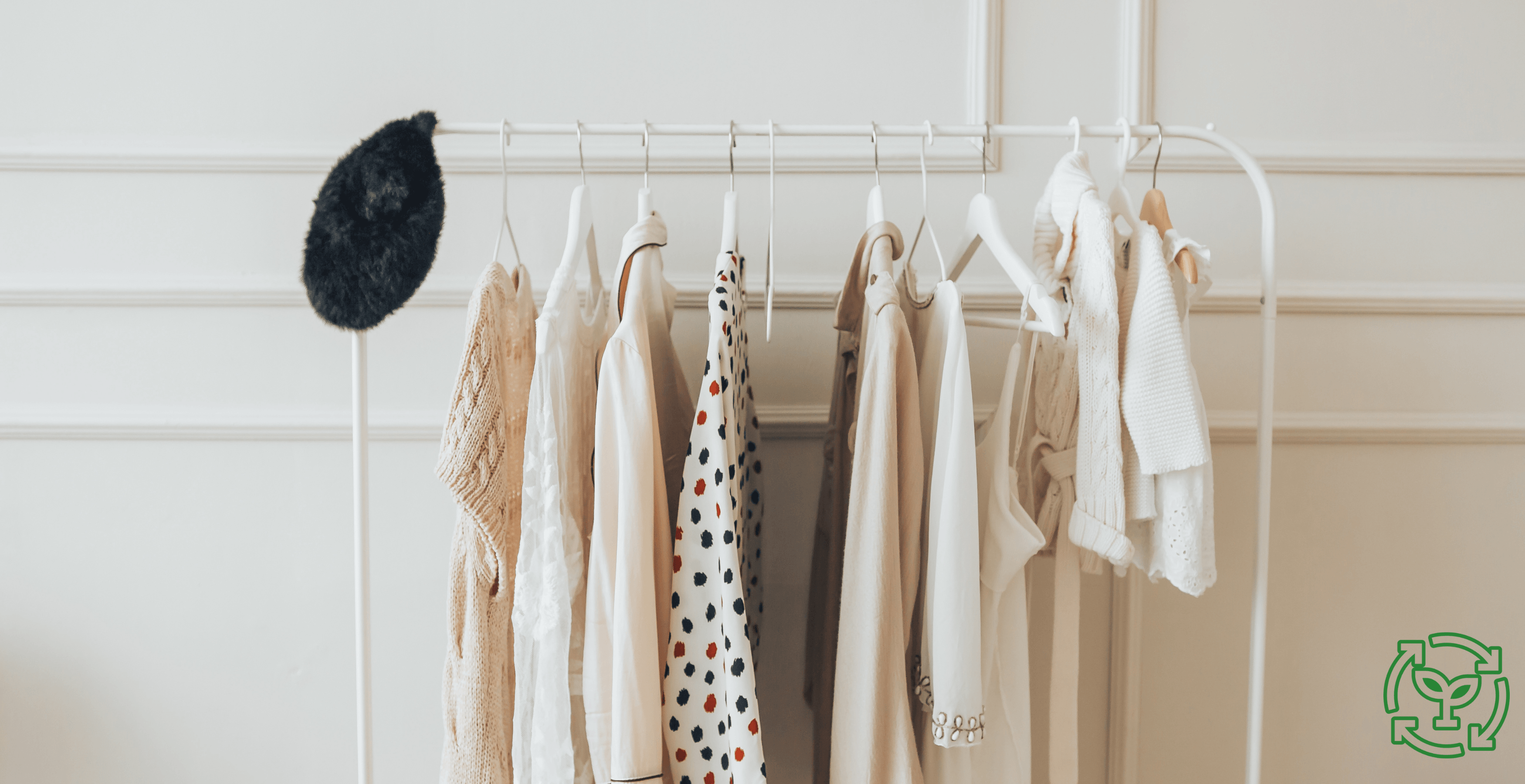
Why Pitod Doesn’t Sell on Amazon: Protecting the Planet, People, and Purpose
At Pitod, we are driven by a clear mission: to create sustainable, ethical fashion that empowers individuals and protects the planet. Every decision we make, from the materials we use to the channels we sell through, is guided by this mission. That's why you won’t find Pitod’s products on Amazon. While it may seem like a missed opportunity to reach millions of potential customers, the reality is that selling on Amazon conflicts with our values and commitment to sustainability, ethics, and supporting a more equitable business model.
In this blog post, we’ll delve into the reasons why we’ve taken this stand and why selling on Amazon is not compatible with Pitod’s mission to protect the planet, uplift people, and foster a better way of doing business.
1. The Environmental Cost of Amazon’s Operations
Amazon’s impact on the environment is significant, and its practices are often at odds with the principles of sustainability. For a brand like Pitod, which prides itself on creating eco-friendly products and minimizing its carbon footprint, aligning with Amazon’s business model would compromise the values we hold dear.
-
Excessive Packaging Waste:
Amazon is notorious for using excessive, non-recyclable packaging. Items often arrive in oversized boxes filled with plastic bubble wrap, contributing to the global plastic crisis. At Pitod, we strive to minimize waste by using sustainable, recyclable, or compostable packaging for all our products. -
Carbon Emissions from Logistics:
Amazon’s “fast shipping” model encourages rapid delivery through inefficient logistics, resulting in massive carbon emissions. Same-day or next-day delivery prioritizes speed over sustainability, with half-empty delivery trucks and planes crisscrossing the globe. In contrast, Pitod focuses on responsible shipping practices to minimize our environmental impact. -
Overproduction and Waste:
Amazon’s marketplace encourages overproduction to meet demand and keep prices low, often resulting in unsold inventory being discarded or destroyed. At Pitod, we produce responsibly and prioritize quality over quantity to ensure no product goes to waste.
2. The Exploitation of Workers
Amazon has faced numerous allegations of poor working conditions and unfair treatment of its employees. Supporting a system that exploits workers contradicts our ethos of inclusivity, fairness, and respect for all people.
-
Warehouse Conditions:
Reports have highlighted unsafe working conditions in Amazon’s warehouses, where employees are subjected to intense pressure to meet quotas, with limited breaks and long hours. At Pitod, we believe in ethical labor practices and partner only with suppliers who uphold fair wages, safe conditions, and workers’ rights. -
Small Business Exploitation:
Many small brands that sell on Amazon report being undercut by Amazon’s own private-label products or forced into unsustainable pricing structures. Pitod values the creativity and integrity of independent brands and refuses to participate in a system that exploits smaller businesses for profit.
3. Amazon’s Impact on Small, Ethical Brands Like Pitod
For small, values-driven businesses like Pitod, selling on Amazon can undermine both our financial sustainability and our mission to foster a deeper connection with our customers.
-
Loss of Brand Identity:
Amazon’s marketplace strips brands of their individuality. Products are listed alongside countless similar items, reducing brands to nothing more than a price tag. Pitod’s mission is to create meaningful connections with our customers, sharing the stories behind our products and values—a connection that’s impossible to foster on a platform like Amazon. -
Unfair Competition:
Amazon’s algorithm favours low-cost, mass-produced items, making it difficult for sustainable and ethical brands to compete. Pitod invests in high-quality, eco-friendly materials and fair labour practices, which naturally come at a higher cost. Selling on Amazon would pressure us to compromise on our values to compete on price. -
Dependency on a Single Platform:
Many small businesses that rely on Amazon become trapped in a cycle of dependency, losing control over their customer relationships, pricing, and marketing. Pitod believes in building a resilient, independent business model that allows us to serve our customers directly and transparently.
A Better Way to Shop
At Pitod, we believe in empowering customers to make thoughtful, intentional choices. By choosing not to sell on Amazon, we invite our customers to join us in building a better world—one where sustainability, ethics, and purpose take precedence over convenience and profit.
When you shop with Pitod, you’re not just buying a product; you’re supporting a vision for a more sustainable and equitable future. You’re helping us champion fair labor practices, reduce environmental impact, and create a community of like-minded individuals who value quality, inclusivity, and authenticity.
Join the Movement
As consumers, we have the power to drive change through the choices we make. By supporting independent, ethical brands like Pitod, you’re sending a message that sustainability and fairness matter. Together, we can build a better way of doing business—one that respects the planet, uplifts people, and aligns with our values.
So while you won’t find Pitod’s products on Amazon, you can shop directly with us at Pitod.com. Explore our collection of sustainable, inclusive fashion and discover how your wardrobe can reflect your values.
Final Thoughts
Our decision not to sell on Amazon is a stand for what we believe in. It’s a reflection of our commitment to sustainability, ethical practices, and building genuine relationships with our customers. We hope you’ll join us in rethinking the way we shop and supporting a future where every purchase makes a positive impact.



Leave a comment
This site is protected by hCaptcha and the hCaptcha Privacy Policy and Terms of Service apply.